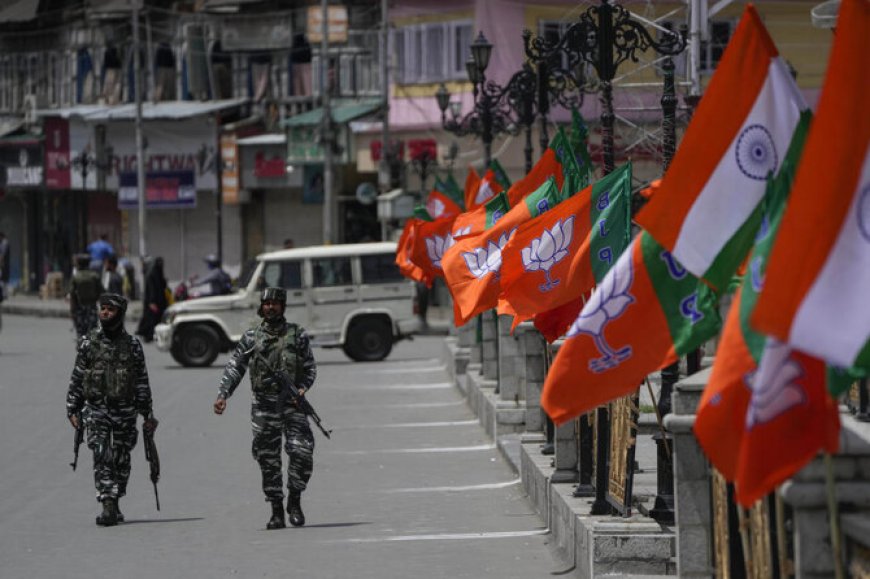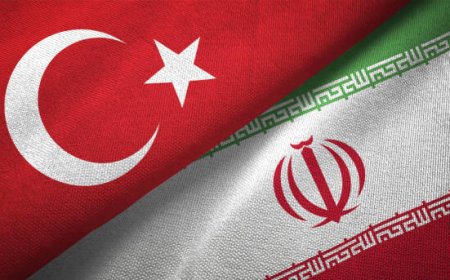A Crucial Vote in Kashmir: Residents Go to the Ballot Box Under Tensions
With decades of political unrest and conflict defining Indian-administered Kashmir, the forthcoming municipal elections are expected to show a notable turnout, therefore indicating a significant change in the political environment. Many of the locals have boycotted these polls in past years in protest against Indian control.

With decades of political unrest and conflict defining Indian-administered Kashmir, the forthcoming municipal elections are expected to show a notable turnout, therefore indicating a significant change in the political environment. Many of the locals have boycotted these polls in past years in protest against Indian control.
But as the first municipal elections in a decade draw near, Kashmiris are creating momentum to use their vote carefully, particularly in an effort to stop Prime Minister Narendra Modi's Bharatiya Janata Party (BJP) from strengthening its hold on the territory.
This is the first election after Modi's government took a divisive action in 2019 removing the area of special status, therefore depriving Jammu and Kashmir some degree of autonomy. Many in the area with a majority of Muslims were greatly offended by the cancellation of Article 370, which accompanied broad political and constitutional reforms. Widespread unhappiness was stoked by the loss of statehood, the direct rule imposed from New Delhi, and the change of laws controlling property ownership and employment. The next referendum offers a rare chance for residents to have, if restricted, some sort of democratic influence over their future.
An Intricate History
Kashmir has been a flashpoint for confrontation between India and Pakistan since 1947, both nuclear-armed neighbors claiming the area whole. Two major wars between the countries and other skirmishes resulting from the split of the area under British colonial control have helped to create the explosive environment that still exists today.
Many saw the 2019 changes—which split the erstwhile state of Jammu and Kashmir into two federally administered areas, Ladakh and Jammu-Kashmir, as an attempt to more fully integrate the area into India. But many in Kashmir itself see the developments as an attack on their particular identity and historical autonomy, directly. Although New Delhi guarantees that the improvements will benefit the area, many residents have reality marked by great loss—of political agency and cultural legacy.
Strategy Change
Many of the long-boycuted voters who oppose Indian control are changing their minds about it. There is a strong sense that this election could be different—that voting might be a more successful weapon of protest than avoiding the polls. "Boycotts will not work in this election," stated southern Kashmir resident Abdul Rashid. "There is a dire urgency to stop the assault of changes coming from there (India).
This change in approach captures the major political changes of 2019. The election has become a crucial battlefield for both pro-India and pro-Kashmiri factions since local parties and political figures promise to recover some of the lost autonomy. Local parties, like the People's Democratic Party and the National Conference, are running on platforms meant to undo or lessen the 2019 changes. Even some separatist leaders, who formerly rejected the political process completely, are now standing as independent candidates, signifying a larger reevaluation of resistance strategies.













































